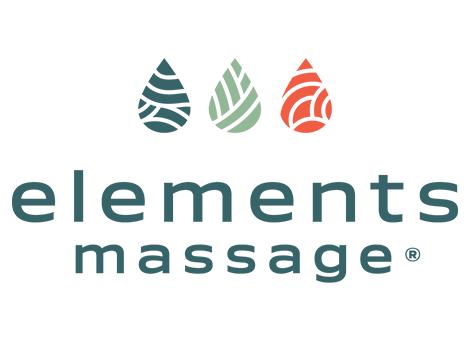The soothing effect of massage extends beyond muscle relaxation to a reduction in psychological stress. The intricate interplay of physical contact, specific massage techniques, and the body's physiological responses all contribute to this stress-relieving effect.
The Power of Touch
Human touch, a fundamental component of massage therapy, has been found to have a significant calming effect. The act of touch can communicate care, promote comfort, and create a sense of connection, which can all contribute to stress reduction (Field, 2010). Studies have shown that touch can activate the body's parasympathetic nervous system, which slows heart rate, lowers blood pressure, and enables relaxation (Walker et al., 2017).
Hormonal Responses to Massage
A key physiological response to massage therapy is the release of specific hormones related to stress and relaxation. During a massage, cortisol levels - the body's primary stress hormone - have been observed to decrease (Moyer, Rounds, & Hannum, 2004). Simultaneously, massage can increase the production of endorphins, dopamine, and serotonin, all neurotransmitters associated with feelings of happiness and relaxation (Field, 2005). This shift in hormonal balance can lead to a reduction in stress levels and an overall sense of well-being.
The Mind-Body Connection
Massage therapy can also promote stress reduction through the mind-body connection. The calming environment, coupled with the focused attention of the massage, can help individuals to become more present and mindful. This enhanced mindfulness can interrupt the cycle of continuous worrying or stress-inducing thoughts, leading to mental relaxation and stress reduction (Field, 2010).
Empirical Evidence: Massage and Stress Reduction
Empirical evidence underscores the stress-relieving effects of massage. A meta-analysis by Moyer et al. (2004) found massage therapy to be a significantly effective method for reducing stress. Similarly, a randomized controlled trial by Moraska et al. (2008) demonstrated that massage therapy significantly reduced stress levels in participants who were experiencing chronic tension headaches.
Therefore, regular massage therapy could be a useful intervention for managing stress and promoting overall mental wellness. However, further research is needed to understand the optimal massage techniques and frequency for stress reduction in various populations.
References
- Field, T. (2010). Touch for socioemotional and physical well-being: A review. Developmental Review, 30(4), 367-383.
- Moyer, C. A., Rounds, J., & Hannum, J. W. (2004). A meta-analysis of massage therapy research. Psychological Bulletin, 130(1), 3-18.
- Walker, S. C., Trotter, P. D., Swaney, W. T., Marshall, A., & Mcglone, F. P. (2017). C-tactile afferents: Cutaneous mediators of oxytocin release during affiliative tactile interactions? Neuropeptides, 64, 27-38.
- Moraska, A., Pollini, R. A., Boulanger, K., Brooks, M. Z., & Teitlebaum, L. (2008). Physiological adjustments to stress measures following massage therapy: a review of the literature. Evidence-Based Complementary and Alternative Medicine, 7(4), 409-418.
- Field, T. (2005). Massage therapy. Medical Clinics of North America, 89(3), 713-728.

